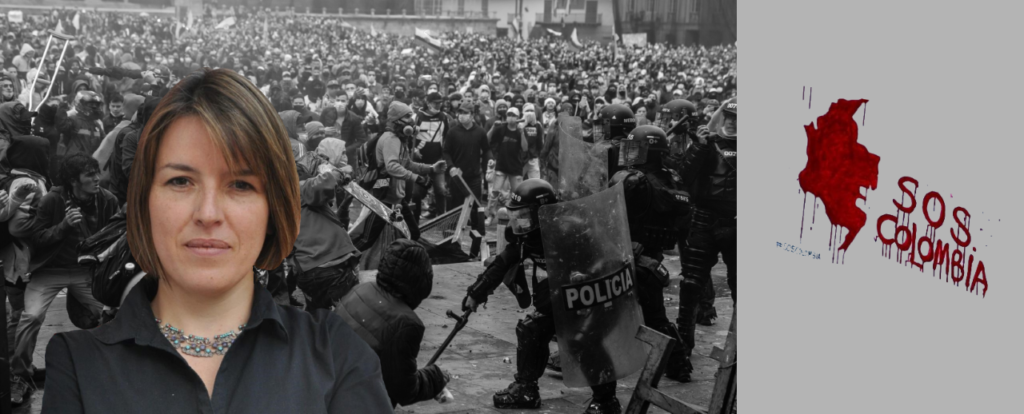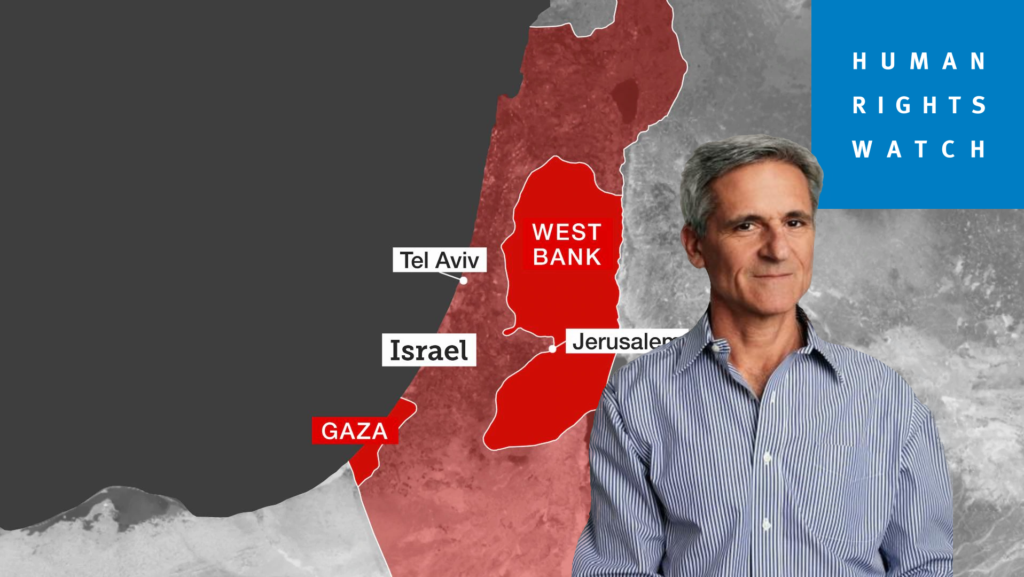Even the most casual observer of international affairs might reasonably think that the system for allocating people to countries – the institution of citizenship – is in disarray and prone to producing the worst possible outcomes. The Mediterranean and the southern US border both provide ongoing examples of human tragedy arising from the norm that each person in the world has one and only one true home, the place where they belong and from which long-term departure is anomalous. This norm emerged from the period following the First World War, when the European land empires collapsed and a great re-sorting of populations, borders, and international law ensued. A good deal of this re-sorting had to do with avoiding confusion about male citizens’ military obligations; if push came to bloody shove, countries and soldiers had to know where their loyalties lay.
How are the Eurovision Song Contest and politics interconnected? How do countries use the song contest to promote their interests in this nominally apolitical event?
Researchers at the Africa Centers for Disease Control and Prevention (CDC) recently analyzed Africa’s “second wave” of Covid-19 in The Lancet. How does the situation
How did recent protests against Colombia’s proposed tax reforms turn into chaos? What differentiates these events from previous anti-government protests in the region? Is Venezuela’s
Are Israel’s policies over the West Bank and Gaza Strip war crimes? What are the implications of such an accusation? Do these policies come from
What impact has the standardization of international trade had on society? Has the newfound speed and efficiency outpaced other market factors, such as worker conditions






